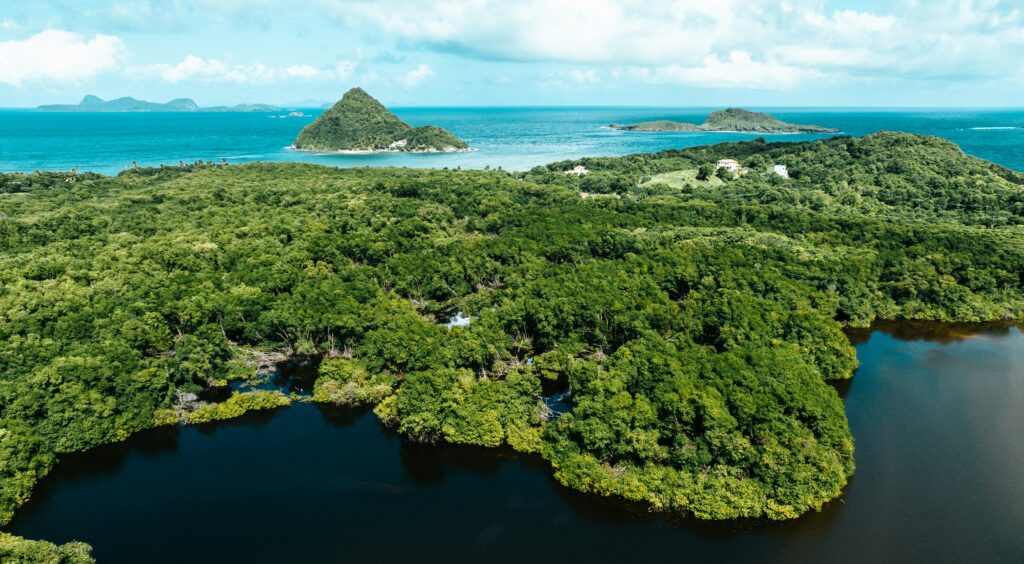Task Force 3:
Coastal & Marine Ecosystems

From the tidal wetlands of West Africa to the reef-lined shores of the Indian Ocean, coastal and marine ecosystems are a lifeline—for people, for biodiversity, and for climate resilience. But with sea levels rising, habitats shrinking, and coastal communities under increasing threat, it’s clear: we need bold, creative, and collaborative action. That’s where the Coastal and Marine Ecosystems Task Force comes in.
Who We Are
This Task Force brings together project leaders, field experts, and community-based innovators who are deeply involved in managing, restoring, and protecting coastal and marine ecosystems. Many are tackling similar challenges — coastal erosion, extreme storms, habitat degradation — but in different geographies and cultural contexts.
What unites us is a shared commitment to Nature-based Solutions for adaptation that center people, ecosystems, and climate resilience. We are here to learn from one another, shape stronger strategies, and ensure that the solutions we promote are grounded in both science and lived experience. This is a working group driven by action and here’s how we do it:
- Co-create Knowledge: From field-tested techniques to new approaches, we pool what we’ve learned to improve how we restore and manage coasts and marine ecosystems.
- Spark Collaboration: We connect across projects, organizations, and regions—creating space to solve shared problems together.
- Identify What Works — and Why: We dig into real-world examples of successful interventions, helping others adapt and scale solutions in their own contexts.
- Develop Resources with Impact: Whether it’s a position paper, a case study, or a webinar, we produce tools that others can use to inform policy, guide programming, and inspire action.
- Champion Innovation: We shine a light on emerging practices and push for new, inclusive ideas that make coastal NbS more effective and equitable.
Who is Involved?
This Task Force is made up of project managers, field practitioners, researchers, and regional leads from across the Partnering for Climate (P4C) network. Everyone brings unique insights rooted in their local realities—from low-lying island communities and estuaries to mangrove forests and eroding deltas.
- Task Force Members share what’s working, highlight local challenges, and contribute ideas, experiences, and content that help shape practical coastal solutions.
- Chairs help coordinate the group’s efforts, connect our work to broader climate adaptation conversations, and guide the creation of outputs that others can use—within and beyond the NAbSA community.
Coastal and marine ecosystems are not just scenic landscapes—they’re buffers, breadbaskets, biodiversity hotspots, and cultural heartlands. But they’re increasingly at risk. The solutions already exist. What’s missing is connection, coordination, and collective momentum. This Task Force fills that gap.
Projects Involved
- Feminist Climate Action in West Africa
- Regenerative seascapes for people, climate and nature (ReSea)
- Natur’ELLES
- Conservation and Sustainable Management of Coastal and Marine Ecosystems (COSME)
- Climate Adaptation and Protected Areas (CAPA)
- Ecosystem-based Solutions for Sustainable Adaptation (SEDAD)
- Lake Chad Basin Conservation Project
